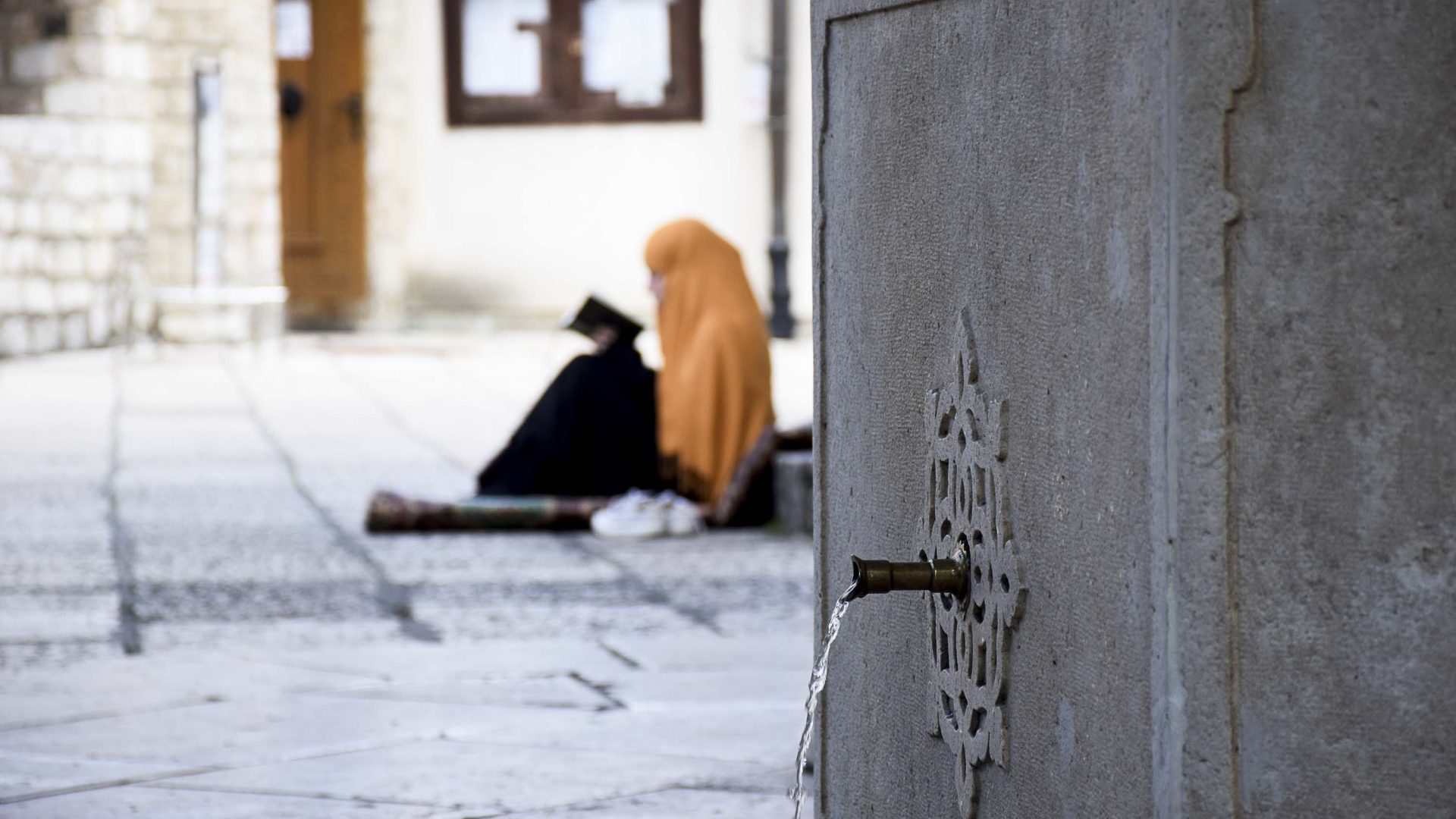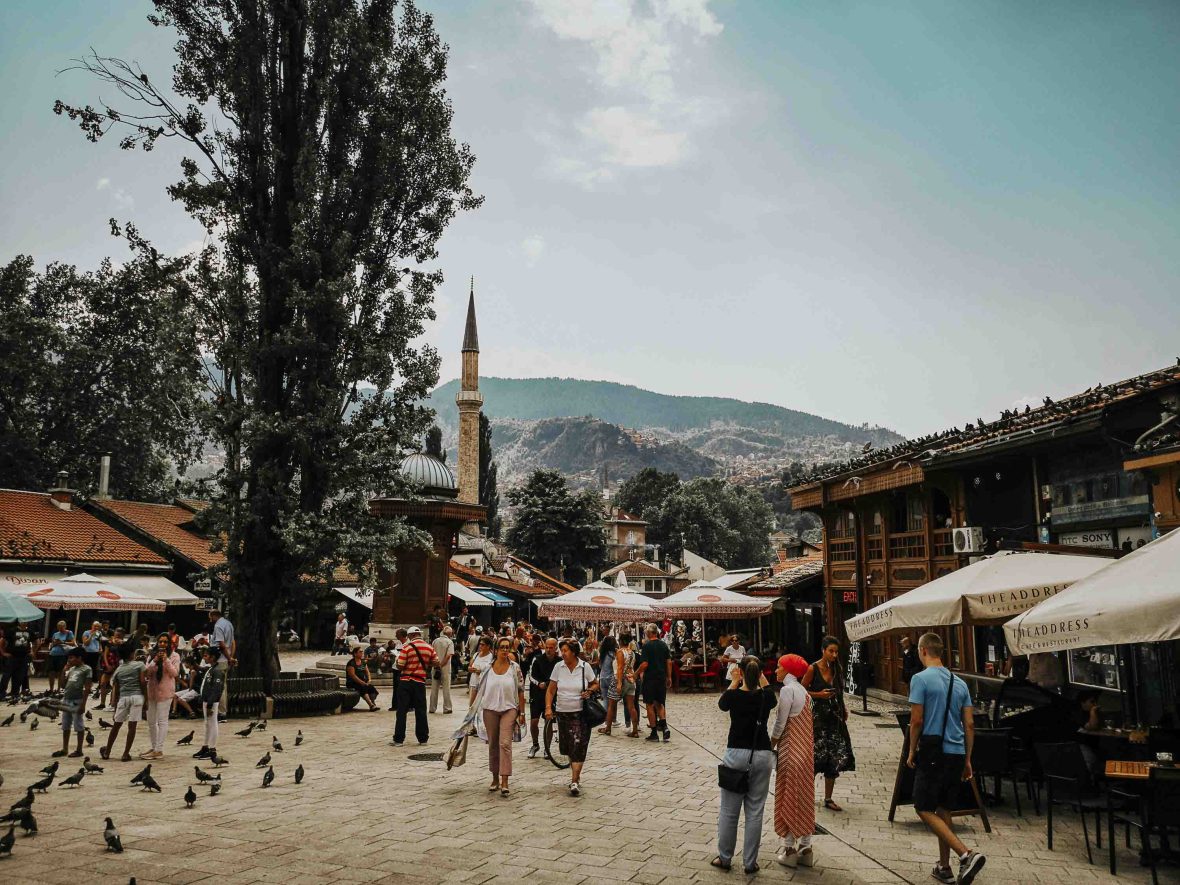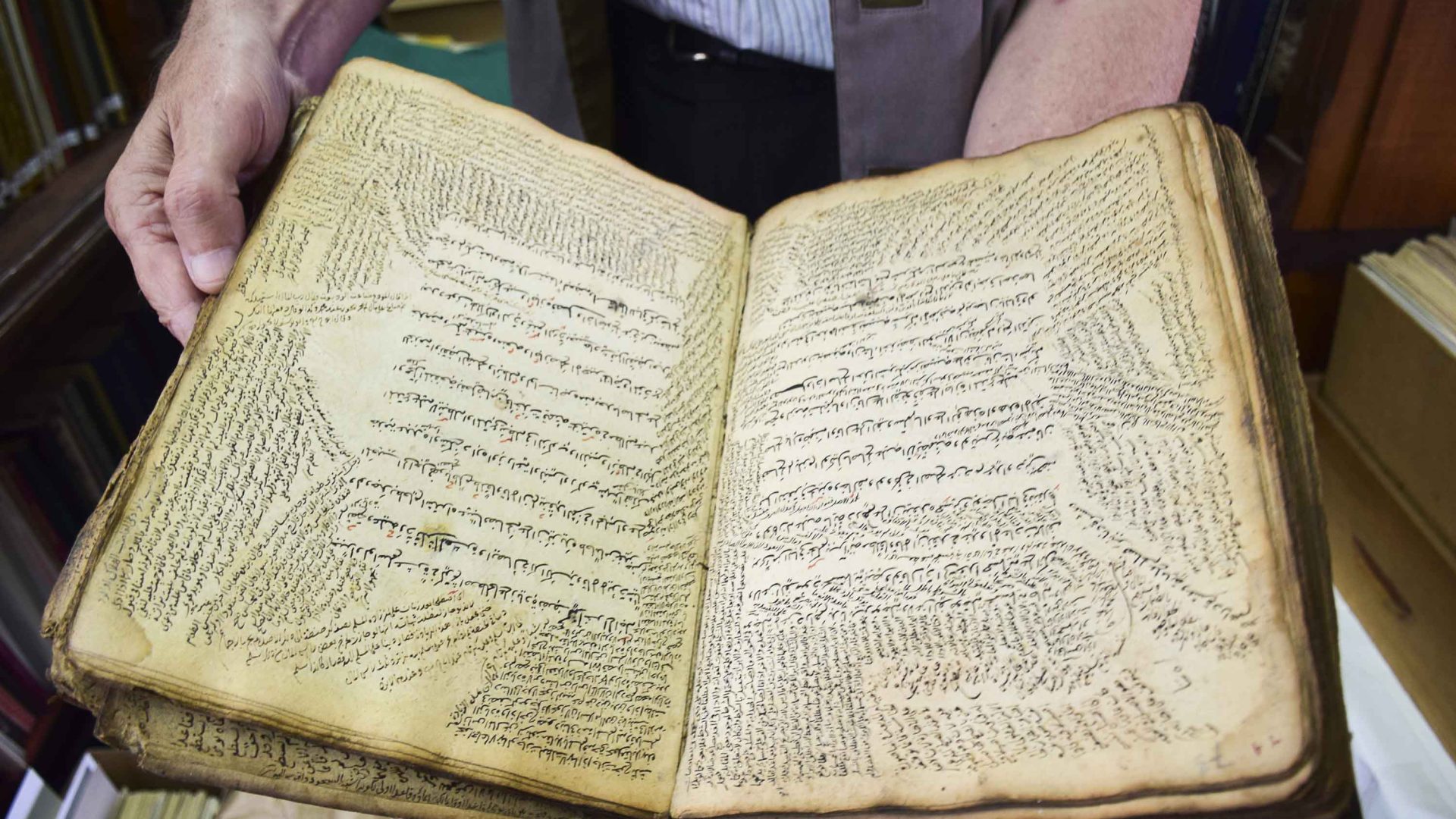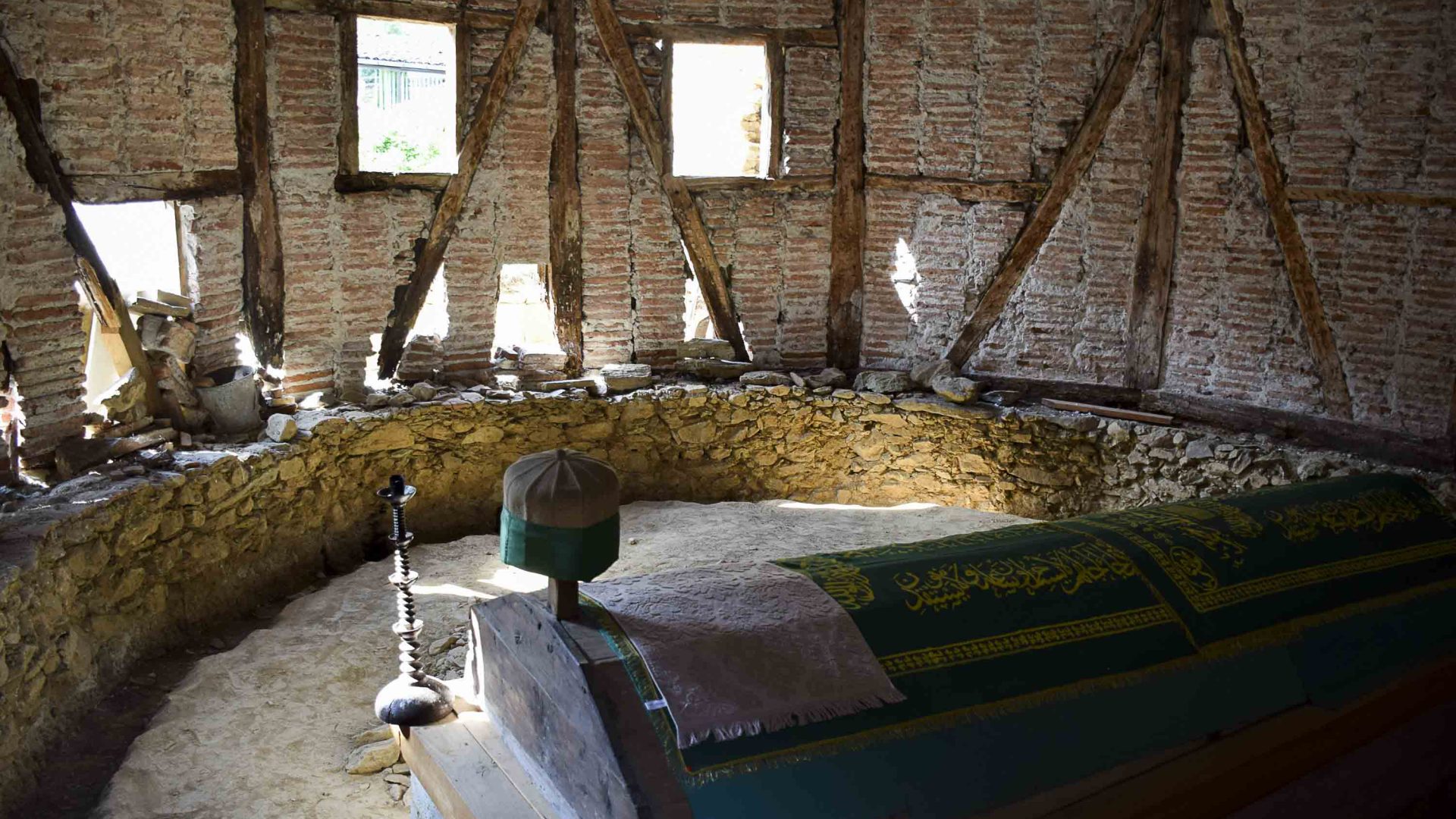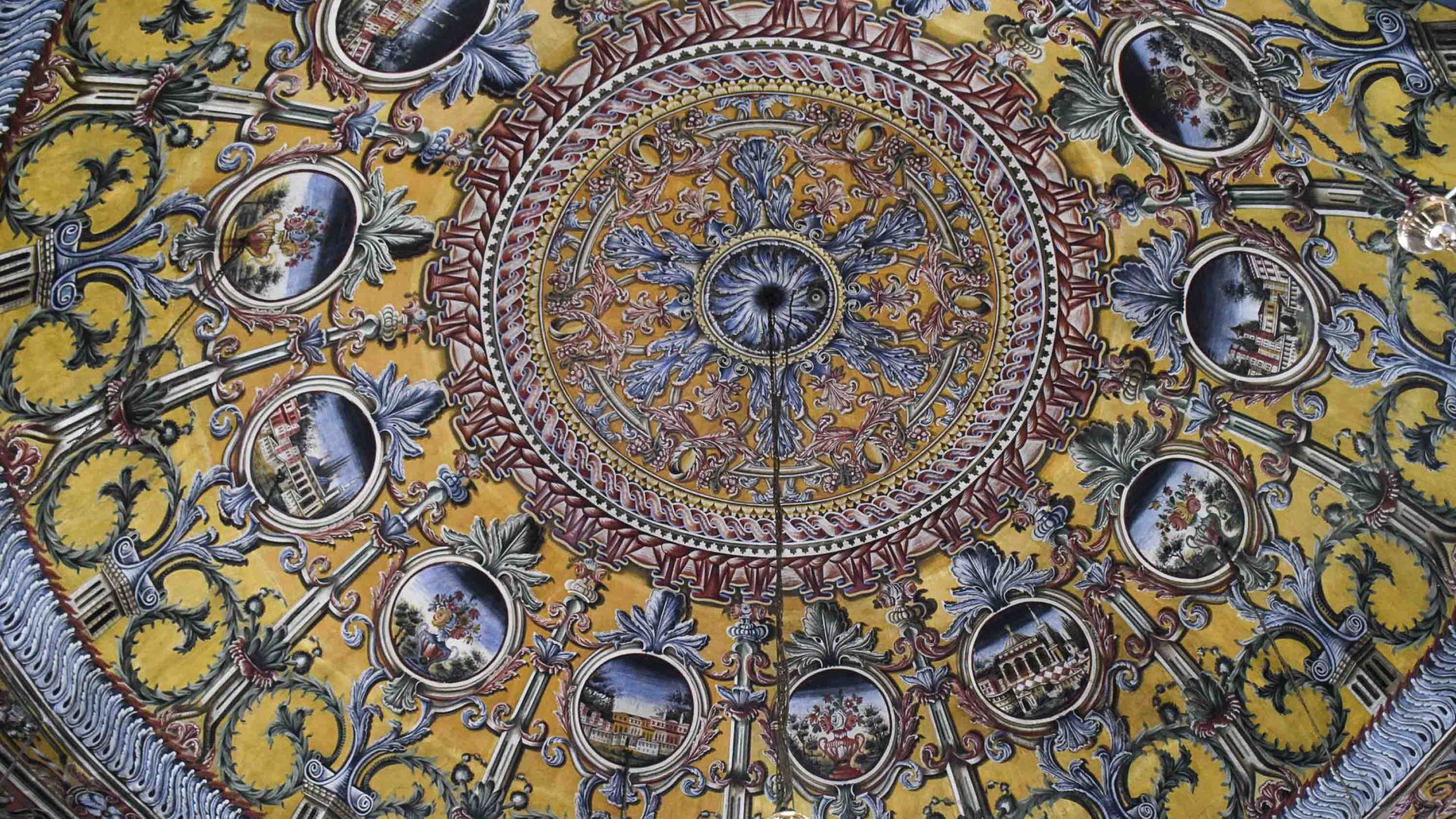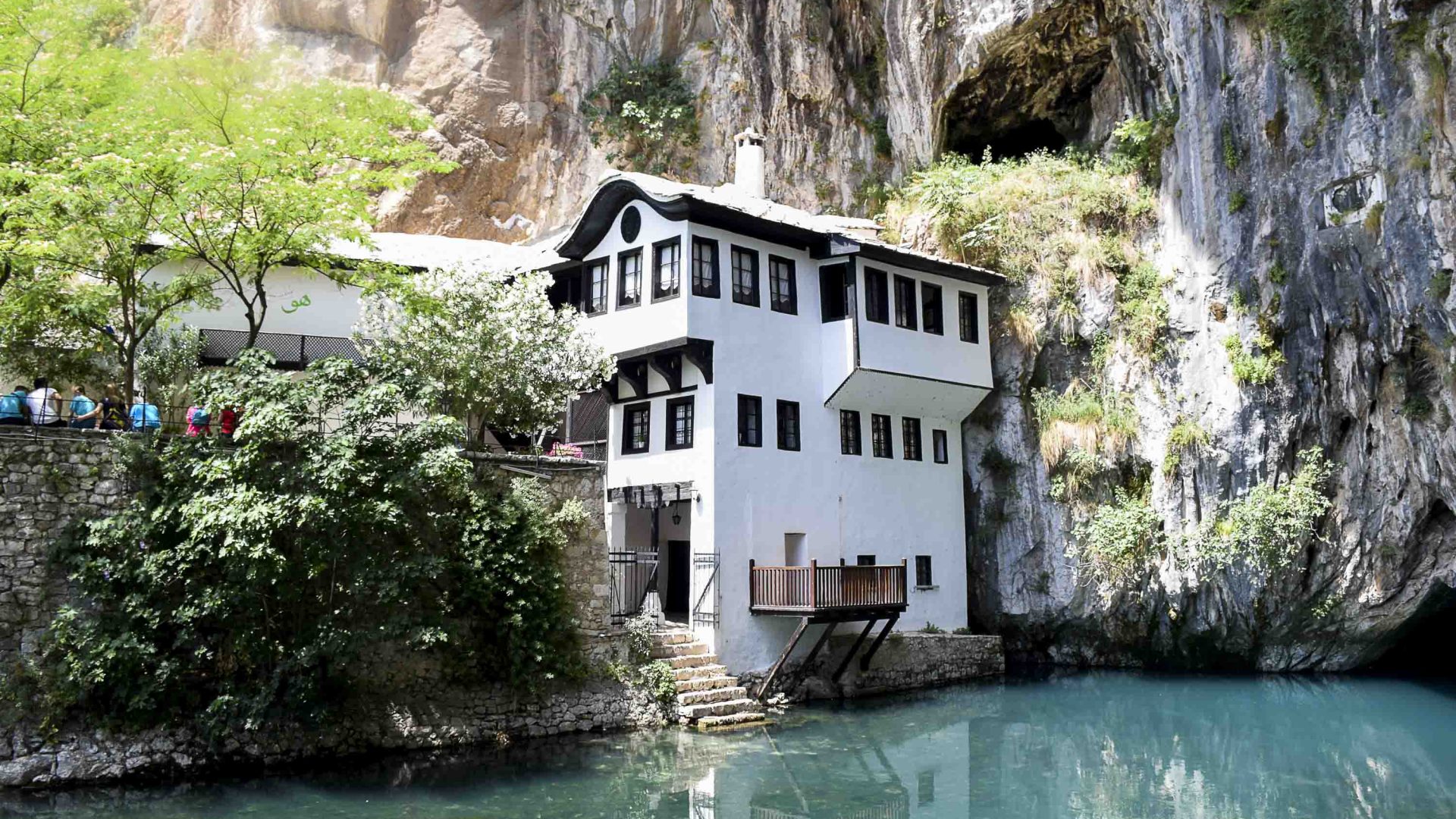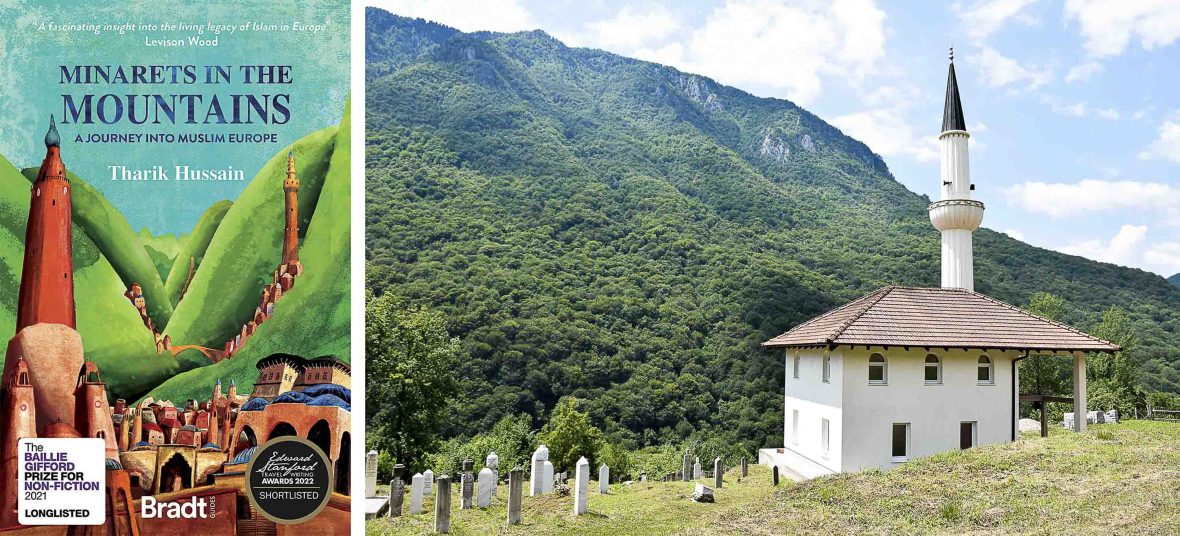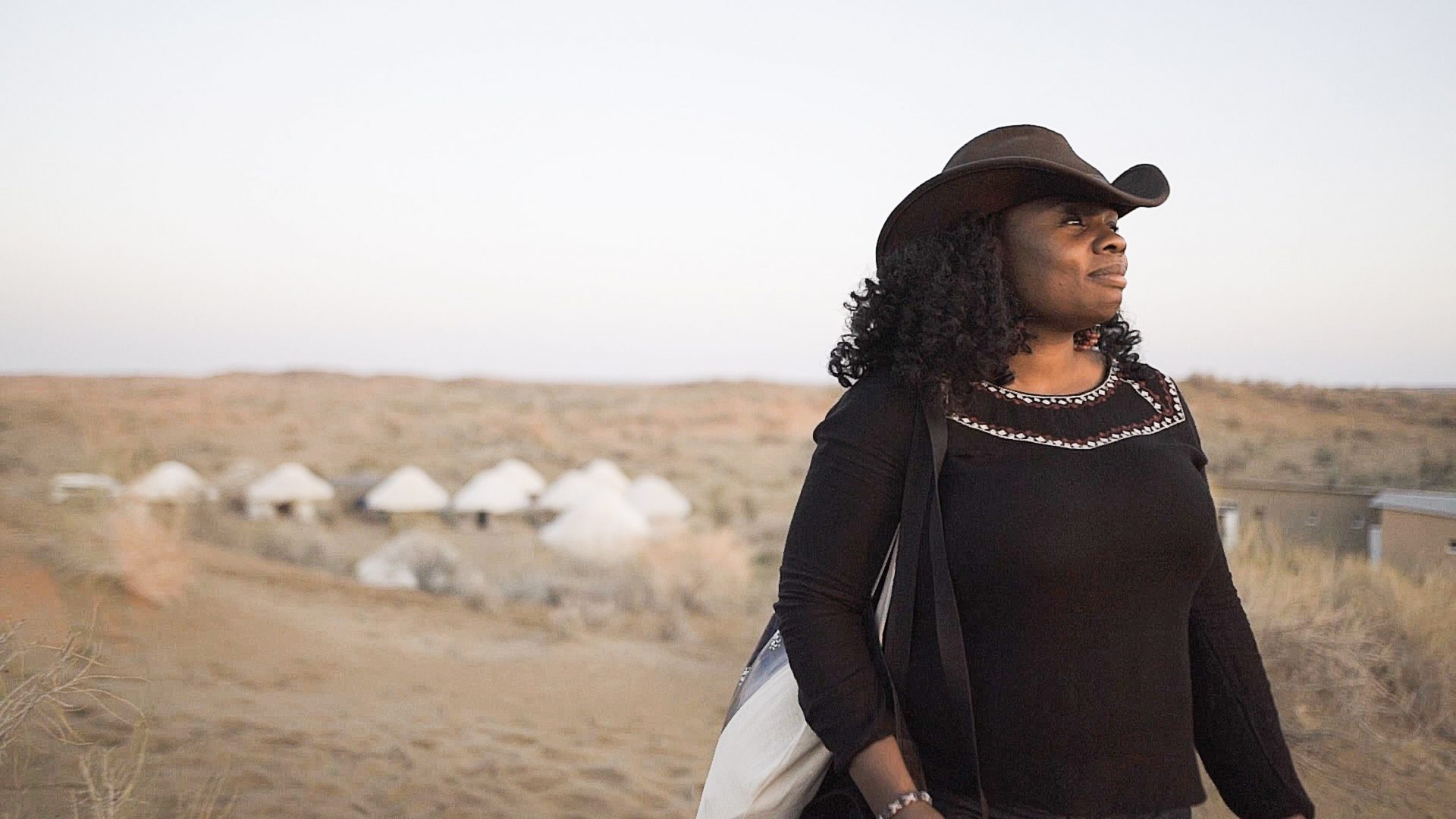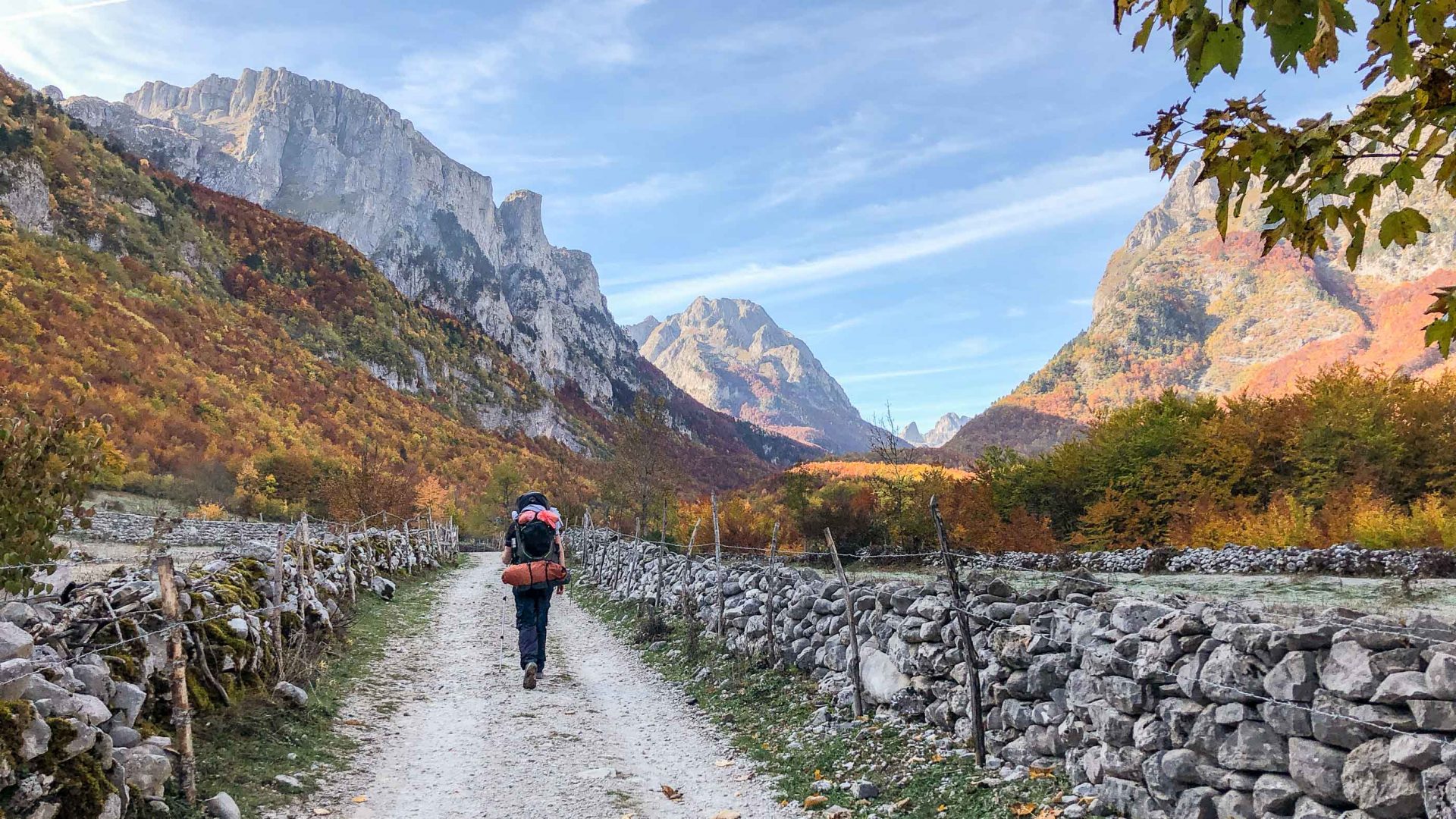The book came out in July 2021 and was long- and shortlisted for the biggest literary prizes in non-fiction and travel. It went on to win the British Guild of Travel Writers’ Adele Evans Award for best non-fiction travel book of 2022. This response suggests most people ‘got it’. They understood that our popular perception of places and people have been largely dictated to us by the historic lens we have had access to; in other words, the historic travel literature that has shaped popular perceptions of the modern world, which all too often was written from a very narrow perspective, by a very small demographic.
My book has shown that history left unexamined can create huge blind spots. This is why the responses to Minarets that gave me the most satisfaction were the truly candid ones, often sent to me in private, like this honest lady from Germany, who I quote with her consent:
“I knew very little about the Balkans and even less about the Muslim history of the region, and I found your book just fascinating. It encouraged me to consider and re-evaluate my own prejudices and assumptions about what it is to be European.”
As creators and consumers of travel literature, we therefore have to ask ourselves: What are our blind spots? What unconscious bias do we carry about the peoples and places we write or read about? Because one thing is absolutely certain: We all have them, as uncomfortable as that might make us.
—-
Tharik Hussain’s debut book, Minarets in the Mountains: A Journey into Muslim Europe, was published by Bradt in July 2021.
